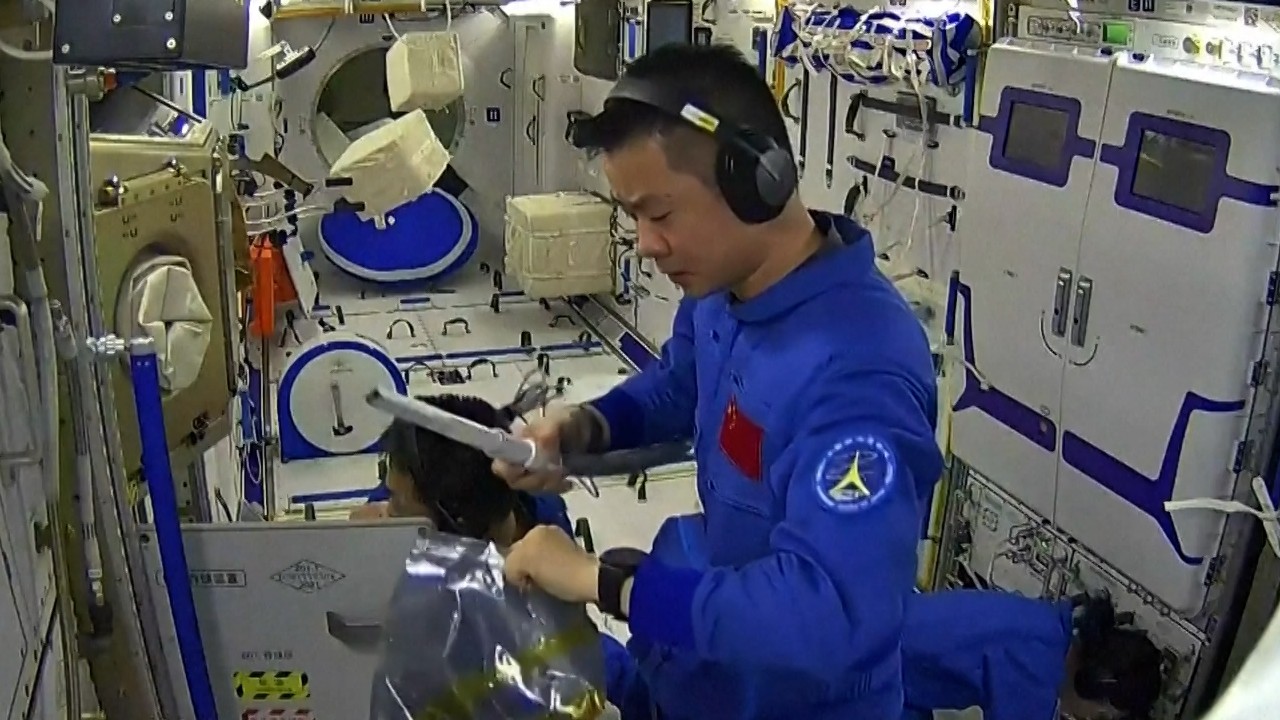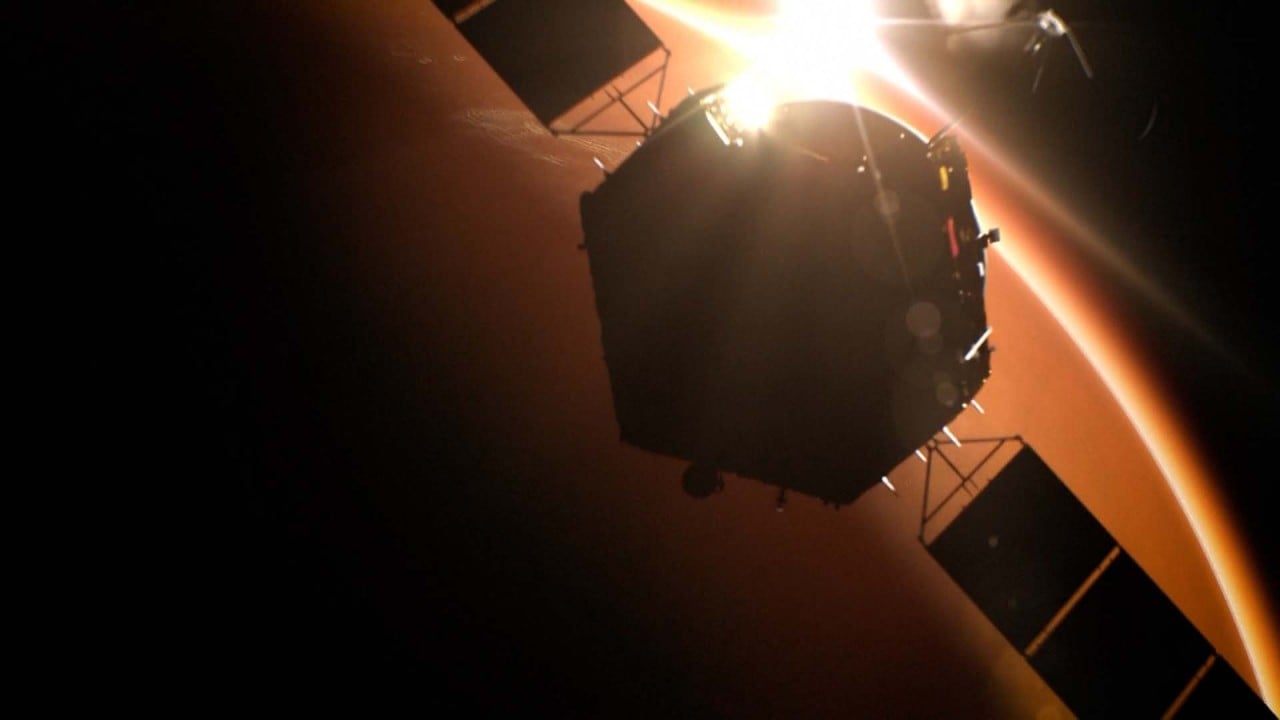
Wanted: aspiring Chinese astronauts from Hong Kong and Macau
- China’s space agency to open up recruitment in the city for country’s manned missions
- Applicants must meet various physical, academic and work experience requirements to join the crew
The three-week drive is part of the selection process for the country’s fourth intake of astronauts, “to meet the demand of onward flight missions for the manned space programme”, the China Manned Space Agency said on Sunday.
The group will comprise up to 14 astronauts, including two payload specialists to be selected from Hong Kong and Macau.
A payload expert is a scientist or engineer who manages highly complex or classified on-board equipment and carries out scientific activities such as astronautical measurements.
Hong Kong Chief Executive John Lee Ka-chiu said the opportunity was “uplifting and exciting with great historical significance”.
“The [recruitment] provides an opportunity for Hong Kong people to realise their space aspirations and contribute to the country,” Lee said.
“The recruitment exercise in Hong Kong signifies that the country encourages and welcomes Hong Kong compatriots to contribute to the country’s development.
“It also demonstrates the country’s confidence in Hong Kong’s level of scientific research and development as well as her care for the development of Hong Kong’s young people.
“This recruitment is also an educational opportunity for all to better understand our country. The [Hong Kong] government encourages students and various sectors … to take this opportunity to understand more about the remarkable achievements of the national manned space programme and boost their sense of national identity.”
The coordination of the process in Hong Kong will be overseen by deputy financial secretary Michael Wong Wai-lun, who said the city’s universities, public research centres and productivity council would be able to propose applicants.
Among the requirements, applicants must hold a doctoral degree and have at least three years’ experience in a related field.
“We encourage all those who meet the basic requirements and those with aspirations in aerospace to take part,” Wong said.
Applicants must also be aged between 30 and 45, and be 1.62-1.75 metres tall if they are male and 1.6-1.75 metres tall if they are women, according to permanent secretary for innovation, technology and industry Eddie Mak Tak-wai.
Mak said Hospital Authority experts would help check if the applicants were physically fit but was not sure if recovered Covid-19 patients could apply.
China launched the Wentian lab module in July and is expected to launch another experimental module Mengtian later this month.
Once completed, Tiangong will be able to host more than 1,000 experiments ranging from the detection of dark matter to macrogravity biomechanics.
China said it would welcome the participation of foreign astronauts in joint missions after the Tiangong becomes fully operational by the end of the year.
The recruitment is not the first cooperation between the mainland and Hong Kong on a space mission.
PolyU researchers also developed and manufactured a surface sampling and packing system for China’s first lunar sample return mission.
Beijing also sent six top Chinese space engineers and designers to Hong Kong in June last year for a four-day tour to showcase the nation’s space programme, including the lunar rock samples collected on the Chang’e 5 mission.
Legislator Nixie Lam Lam, of the Democratic Alliance for the Betterment and Progress of Hong Kong, said the move would help young people to grasp development opportunities.
“It will also encourage closer cooperation between Hong Kong and the mainland in the area of science and technology and help Hong Kong become an international centre for innovation and technology,” Lam said.
Professor Quentin Parker, director of the University of Hong Kong’s Laboratory for Space Research, said he believed the move could be a game-changer for young Hongkongers, who could be given responsibility for major scientific missions.
He said the city had a large talent pool of young talent and the opportunity could be the start of a big shift in the development of Hong Kong’s engagement in the rapidly emerging space economy.
Yu Hongyu, associate professor in Hong Kong University of Science and Technology’s department of mechanical and aerospace engineering, said the authorities would be able to find the right individuals in the city but he hoped that the work experience and degree requirements could be relaxed.
Yu said some of his students were still studying for their doctorate but had great enthusiasm for the field, and he hoped that these students could also be given a chance.





